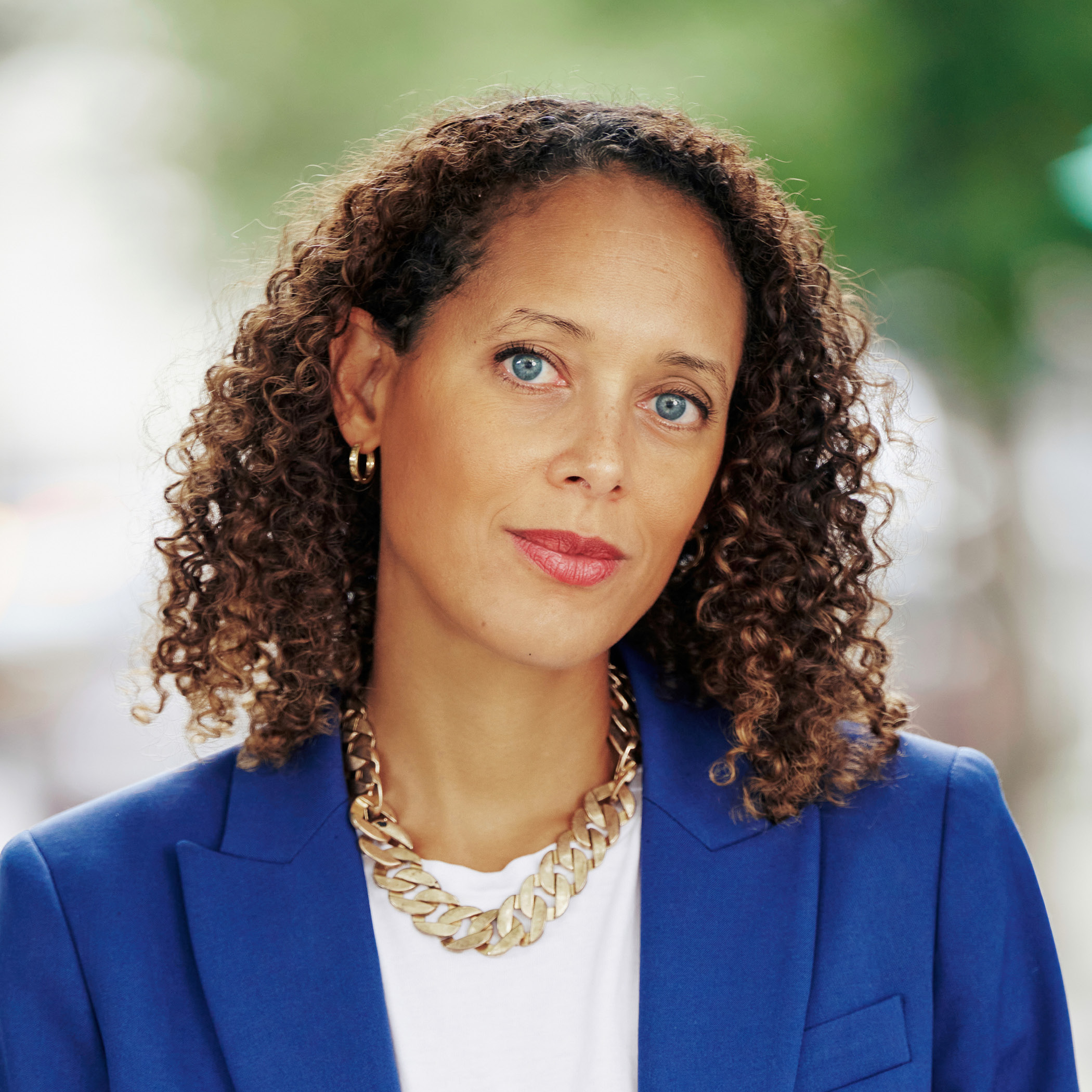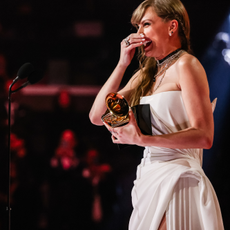Writing your first novel: what you should know
Want to get published? The author behind this autumn's feted new crime series gives us the lowdown on how its done...


Want to get published? The author behind this autumn's feted new crime series gives us the lowdown on how its done...
My 7 writing commandments
Ex journalist Corrie Jackson, whose debut thriller is published this month, shares her advice for sharpening your story and getting it out there...
Beat the block
Some days, getting words onto the page feels like you’re scaling Everest in flip-flops. The best technique I learnt to overcome this is the ‘nifty 350 rule’. When you first sit down to write, open your document and bash out 350 words without stopping. It forces you past the horror-of-the-white-page stage. Oh, and I always stop in the middle of sentence. Sounds weird, but it works. When I come back to my computer the next day, I don’t have to be ‘creative’. All I have to do is finish the sentence. And by that stage, I’m already writing.
Get out of your own way
My role as a magazine editor is to tweak, sculpt and rewrite. Skills you need to leave at the door when you’re going at your first draft. First drafts are hell. My opening paragraph took me two days. By the end I was on my knees. I turned to a writer friend in despair.She quoted Margaret Atwood: ‘If I waited for perfection, I’d never write a word.’ Atwood is right (about that and so much more!) Get it down, bare bones.Put all the fancy stuff in later.
Marie Claire Newsletter
Celebrity news, beauty, fashion advice, and fascinating features, delivered straight to your inbox!
Write the first chapter last
I did this by mistake with Breaking Dead. After a chat with my publisher, we decided the book needed a different beginning. It was miles easier to find a way into the story once I’d written the book and the characters and plot were part of me. I wish I’d known that before I agonised over that starter paragraph but hindsight is golden, right?
Plot like a pro
I rarely plot at my desk. The story comes more easily if I’m doing something else. If you’re struggling, don’t force it. Get some fresh air, go for a run, do the weekly shop. When I have a rough plot, I bash out an outline that covers events occurring both onstage and off. If I get stuck, I work on the offstage part –what my characters are doing behind the scenes – and I can (normally) write myself out of a corner. A word of warning: be prepared to rip up your outline.The best twists are those the writer doesn’t see coming.

Focus on character
While writing Breaking Dead, I stumbled across this advice: every character is the protagonist in their own life. I loved that line so much I stuck it to my computer. It’s a great way of approaching your characters, particularly those easy-to-miss secondary characters (yes, I’m guilty of that too). They don’t need a fifteen-page backstory but they do need fleshing out.
Get organized
You’re juggling plot,subplots, characters, themes, settings and points of view. Keep a handle on them or you’ll sink. If I’m feeling tech-y, I use a software program called Aeon Timeline. But mostly I’m a fan of the old-school way: index cards on the carpet. And use your research period wisely. Don’t waste time on things you don’t need to know. The bestselling crime writer, Stephen Booth, recently told me that you only need to know three facts about a subject to sound like an expert. As long as they’re the right three facts.
Show up
Sit down, turn off your notifications and shove in the earplugs. Take whatever steps necessary to block the world out- and show the hell up. I wish there was a magic bullet, but there isn’t. As Antony Burgess famously said, books get written by ‘bums on chairs and pens on paper.’ Yes, it really is that simple.
Breaking Dead is out September 15 (£7.99,Bonnier Zaffre)

Andrea Thompson is Editor in Chief at Marie Claire UK and was recently named by We are the City as one of the UKs top 50 trailblazers for her work highlighting the impact of Covid on gender equality.
Andrea has worked as a senior journalist for a range of publications over her 20 year career including The Sunday Times, The Guardian, The Daily Mail, Channel 4, Glamour and Grazia. At Marie Claire Andrea is passionate about telling the stories of those often marginalised by the mainstream media and oversaw a feature about rape in the Congo that won the title an Amnesty Media Award. She also champions women's empowerment, sustainability and diversity and regularly chairs panels and speaks at events about these topics. She sits on the committee of the British Society of Magazine Editors where she acts as Vice Chair and looks after Diversity and Inclusion. She regularly mentors young women from under represented communities trying to break into the media industry.
-
 Zendaya's reaction to awkward kissing question during Challengers interview has gone viral
Zendaya's reaction to awkward kissing question during Challengers interview has gone viral'Uncomfortable' doesn't begin to cover it
By Iris Goldsztajn
-
 Prince William feels 'immense responsibility' amid Kate and Charles cancer diagnoses
Prince William feels 'immense responsibility' amid Kate and Charles cancer diagnosesHe has a lot on his plate
By Iris Goldsztajn
-
 Taylor Swift just teased a 'timetable' for her new album release
Taylor Swift just teased a 'timetable' for her new album releaseThe wait is torture
By Iris Goldsztajn